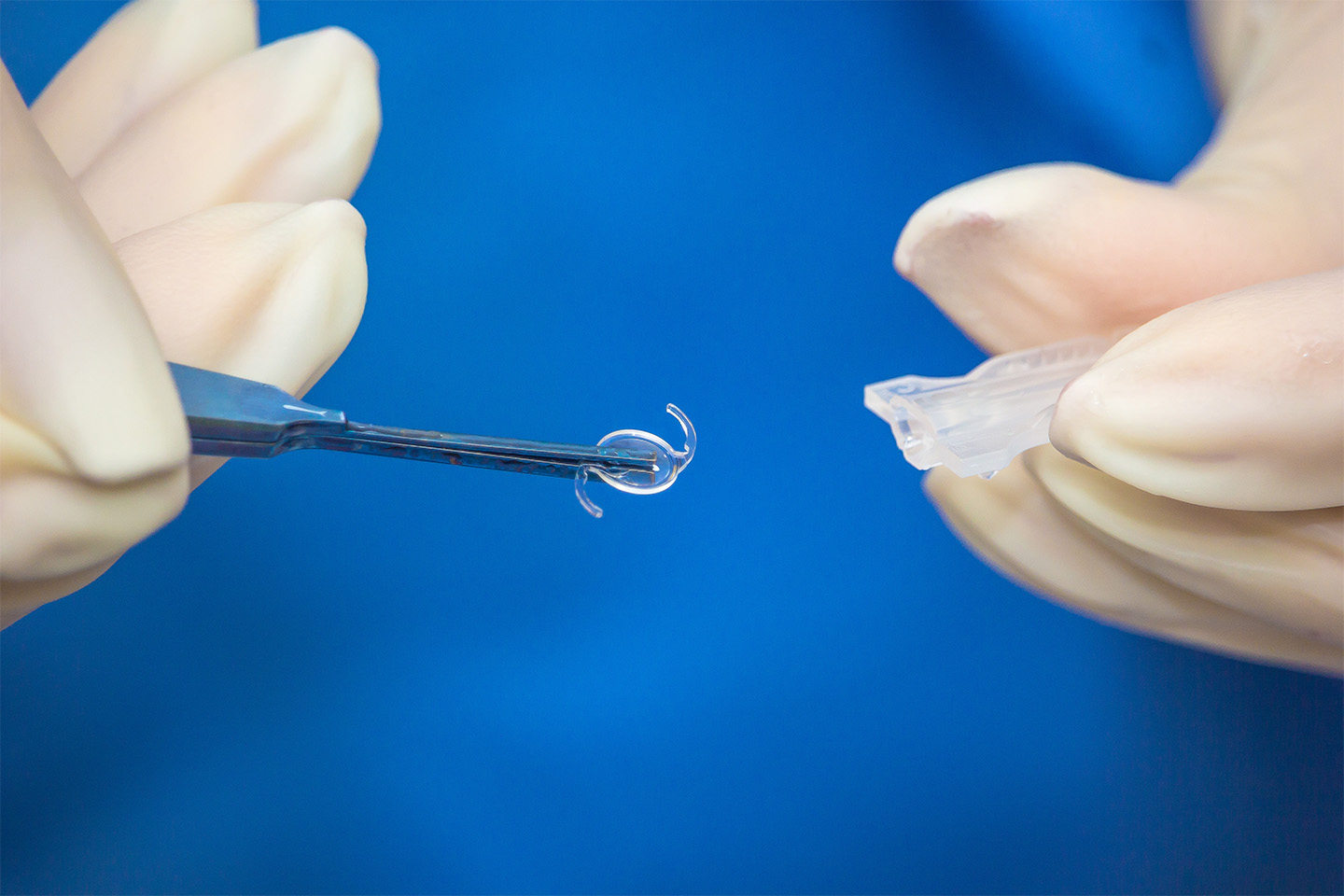Is It Possible to Prevent Cataracts?

Recent advances in our understanding of cataracts may help patients prevent them from forming.
Cataract surgery is the most common surgical procedure in the US, with more than 2 million operations taking place each year. While patients who have begun developing cataracts are in goods hands with eye care specialists who can help them protect their vision, new research may give patients a better chance of avoiding cataracts entirely.
Indeed, an increasing number of studies have shown that including certain vitamins in your diet, abstaining from smoking, and protecting your eyes from the sun can go a long way toward decreasing your risk of developing cataracts. While the science behind this research hasn’t yet figured out how to guarantee you won’t get cataracts with 100% certainty, patients who are at increased risk of cataracts — older patients, women, and African Americans — should take note.
Vitamins C and E
Vitamin supplements alone are no substitute for proper medical attention, but a number of respected studies now show that taking vitamins C and E can help patients reduce their risk of developing cataracts. For patients who already have cataracts, these vitamins may help slow the progression of the condition, as well.
For example, the Nutrition and Vision Project showed that taking vitamin C regularly reduced the risk of cortical and nuclear cataracts — two of three major types of cataracts that also include posterior subcapsular. The same study also showed that patients who take vitamin E supplements in addition to their vitamin C supplements for more than ten years could slow the progression of nuclear cataracts should they form.
What’s important to note is that getting enough of these vitamins in order to make a clear impact on your health takes commitment. More than half of people get less than their daily recommended amount of vitamin C, and less than 10% of people are getting enough vitamin E. For patients who want to take advantage of these studies’ findings, it may be necessary to use multivitamin supplements.
Taking Precautions
In addition to maintaining a healthy diet, patients’ lifestyle choices can help them prevent cataracts from forming or delay their progression should they develop. One of the easiest ways to do this is to give your eyes the protection they need when you’re outdoors. By wearing UVA/UVB sunglasses that block out the sun, you can safeguard the interior of the eye most at risk in cataract development.
Additionally, if you’re a smoker, kicking the habit can be a huge help. Studies have linked cigarette smoking to complications with eye health, and smoking will mean that you’ll need to take more of vitamins C and E to enjoy their benefits than non-smokers.
Speaking with a Specialist
Of course, touching base with a qualified eye care specialist is an essential part of this process. Whether you’ve already developed cataracts or you’re curious what you can do to help prevent them, experienced doctors can help.
If you’re worried about cataracts — or you’re just looking to schedule a regular consultation to stay on top of your eye health — consider scheduling a consultation with the Kleiman Evangelista Eye Centers of Texas today. Our team can sit down with you to develop a plan to fight cataracts and help you preserve your vision.
Turn To The Top Eye Doctors In Texas
Check out one of our locations below for the best eye care near you:









